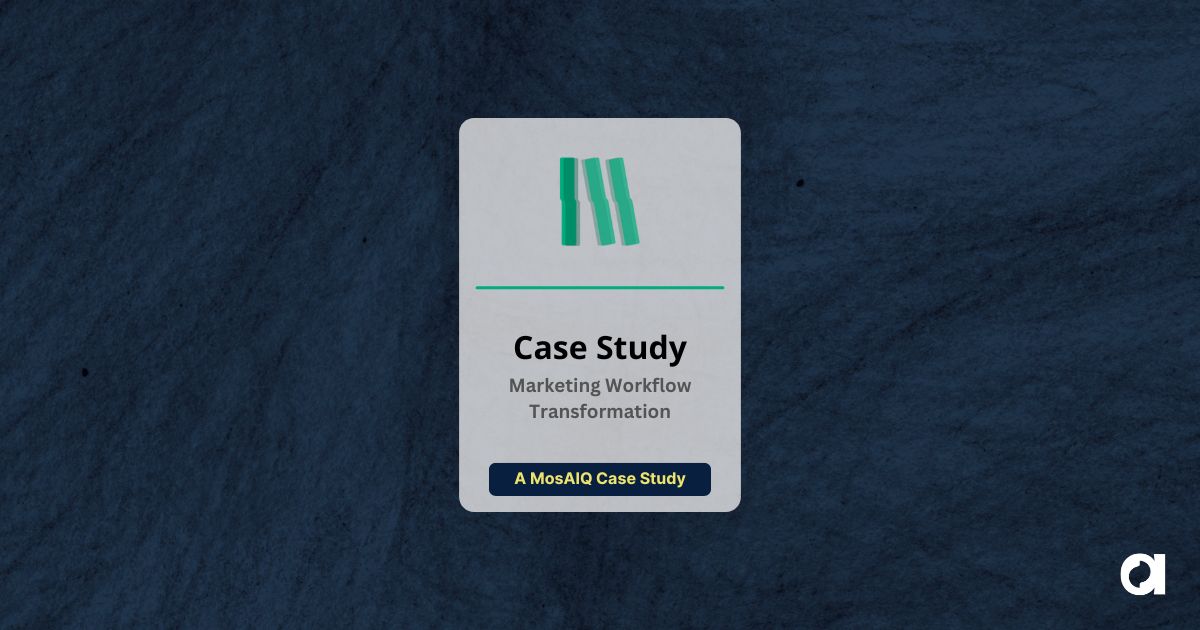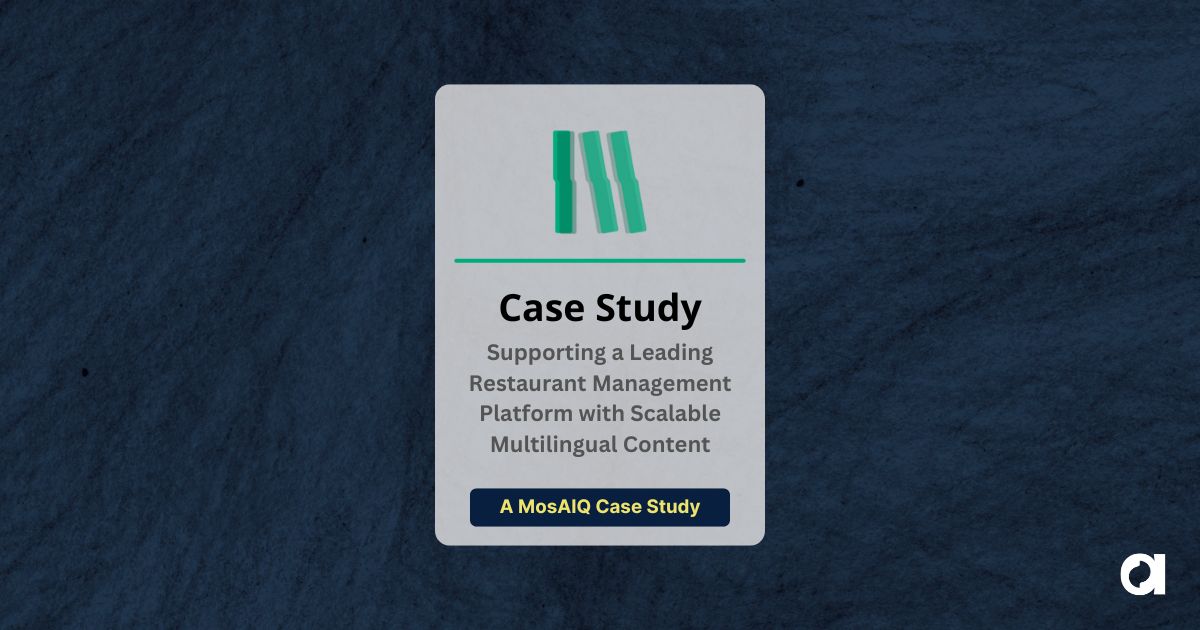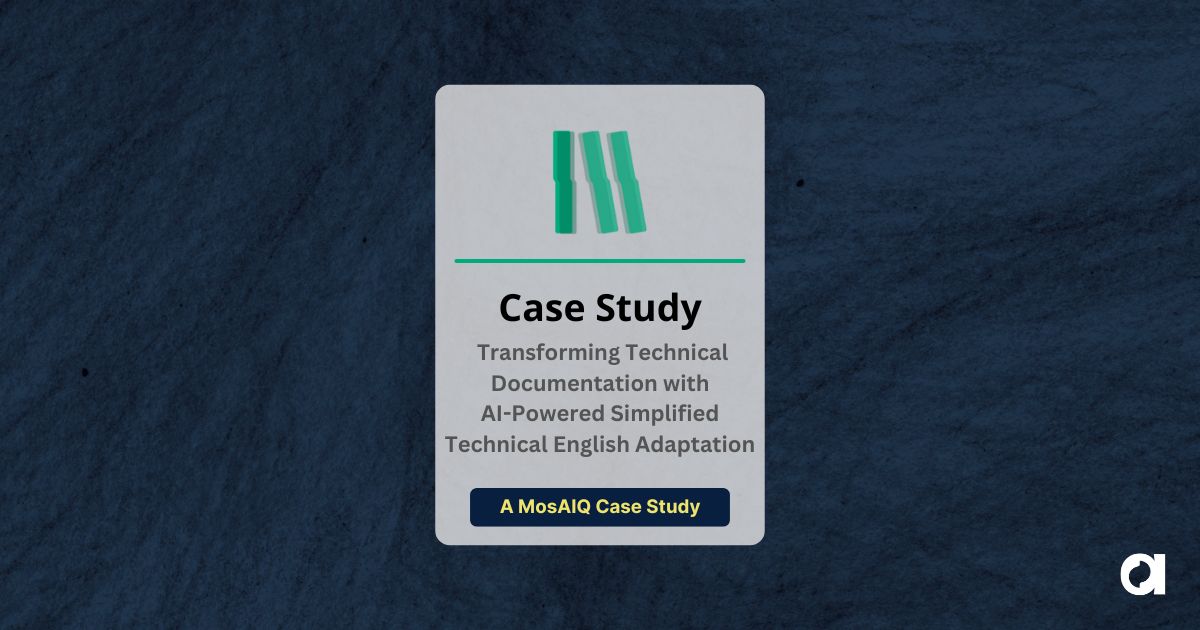Mergers and acquisitions (M&As) can be extremely lucrative propositions, but can also cause a great deal of instability and stress for everyone involved. Here’s why it pays to consider how your actions will affect the processes, technology, and staff involved in localization projects, and what you can do to make sure everything goes as smoothly as possible.
First things first, it’s helpful to define what we mean by mergers and acquisitions. A merger is a consolidation of two or more companies into a new entity, with a new company name and organizational structure typically being created. In an acquisition, a lead company takes over another company and typically retains the existing name, branding, and structure. Either way, 2 or more companies are joining forces and bringing together divergent corporate (and often national) cultures, a challenging situation under any circumstances but even more so considering the kind of money that’s often at stake – the average value of M&A deals globally in 2020 was approximately $63 million.
Before beginning an M&A, be prepared for affected teams to ask a number of questions, particularly:
- Which markets will be prioritized?
- Which of our brands and products will be marketed where?
- How much are we going to translate for each market?
- Which languages will the newly formed organization focus on when it comes to localization?
These questions are going to be affected by the degree to which the prospective companies are uniting, which is itself determined by whether an acquisition, consolidation, or merger is happening. Once you have established that, there are four key steps you’ll want to implement.
Document and store all brand information in one place for easy reference
Information about a product (including the language and terminology used for it) is often fragmented and scattered even before a merger. It’s absolutely crucial that this information is centralized, as how you organize and manage your documents can either benefit or impede your operations, as well as impact how quickly your company will recover in the event of a disaster. If you don’t take the proper precautions to store all of your business documents and consumer information safely, it will be vulnerable to a variety of physical and digital threats.
Conduct a full content review, and compile comprehensive brand glossaries and style guides
Both organizations in a merger will bring their own preferences and style, so a thorough content review will prevent misalignment between the two. It’s best to make sure to involve product owners, writers, legal, marketing, and translation team managers to achieve a consensus, and then consider building a brand glossary and style guide.
These documents are often confused with each other, but they serve different purposes – a glossary focuses on the key terms used in your product and helps translators identify words that might be unique to it, while a style guide, is more about the tone and presentation of your content than about specific terms. Being able to provide both will give your language translation services team the extra guidance they need to improve the quality of their finished translations.
Consider the impact on translation memories
After a merger or acquisition, multiple offices within a globally integrated organization often find themselves using multiple translation vendors without sharing translation memories (TMs) or information related to the translation process. As a result, multiple TMs are used in multiple locations, which wastes money and time as the different locations within the organization are not benefitting from the TM leverage they could have if they shared all TMs from all offices. The solution to this problem is to consolidate or merge all the TMs into one large centralized repository after a merger or acquisition, and then conduct a TM cleanup to make sure that all entries are consistent.
Decide which tools and suppliers will be kept on board for future translation processes
Companies rely on a variety of different tools to get work done, and to make sure that no problems arise during the translation process (incompatibility between tools, for example), it’s important to identify which tools and suppliers will be used before a merger or acquisition takes place and then standardize all systems, ideally with the assistance of a trusted global partner.
The Argos way
Implementing these steps will help ensure that a merger or acquisition doesn’t dramatically impact the performance of your translation and localization teams, but your best bet when it comes to transitioning successfully through the confusion of a merger or acquisition is to find the right content partner with experience in the global arena. At Argos Multilingual, we’re equipped to meet all your translation and localization needs, drawing upon linguists, subject matter experts, and technologies like machine learning to provide an integrated approach to multilingual mergers and acquisitions.
Simply put, we give you more time and resources to focus on other aspects of your business, along with the peace of mind that comes with knowing that the barriers to open communication have been minimized. Still not convinced? Have a look at a recent case study to see how we provided a multinational client with better consistency in their translated content after they underwent several mergers and consolidated multiple business units.
Want to know more?
 Argos Multilingual
3 min. read
Argos Multilingual
3 min. read
Your advertising copy is the first impression people have of your business, and if it’s not great it might be their last impression. The good news is that you don’t necessarily have to be an advertising wizard to write outstanding copy. In fact, you can get off on the right foot simply by recognizing the […]

 Argos Multilingual
4 min. read
Argos Multilingual
4 min. read
If you’re a global business with a multilingual workforce, properly translated health and safety documents are a necessity. Preventable injuries and deaths happen when employees don’t follow instructions, and to be followed properly those instructions need to be understood perfectly. In November 2002, a 20-year-old Hispanic worker in Michigan was killed while removing bridge formwork […]











